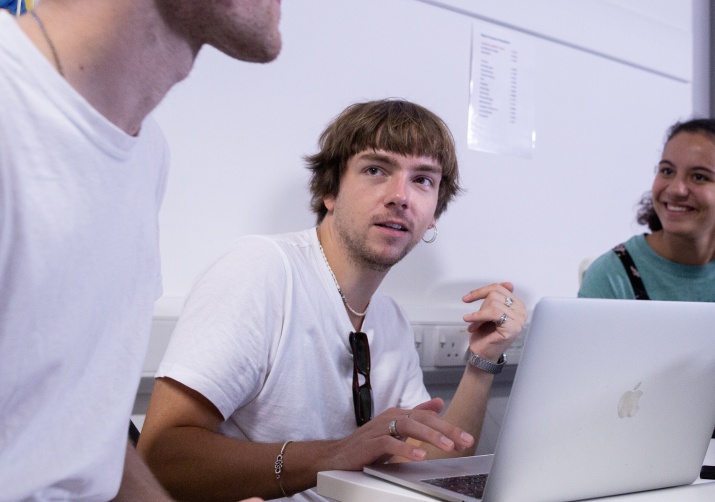Related
31 August 2022
Media releases

31 August 2022
Media releases
Stay up to date with our work
Our monthly updates are a great way for you to stay up to date with our work, events, and higher education news.



